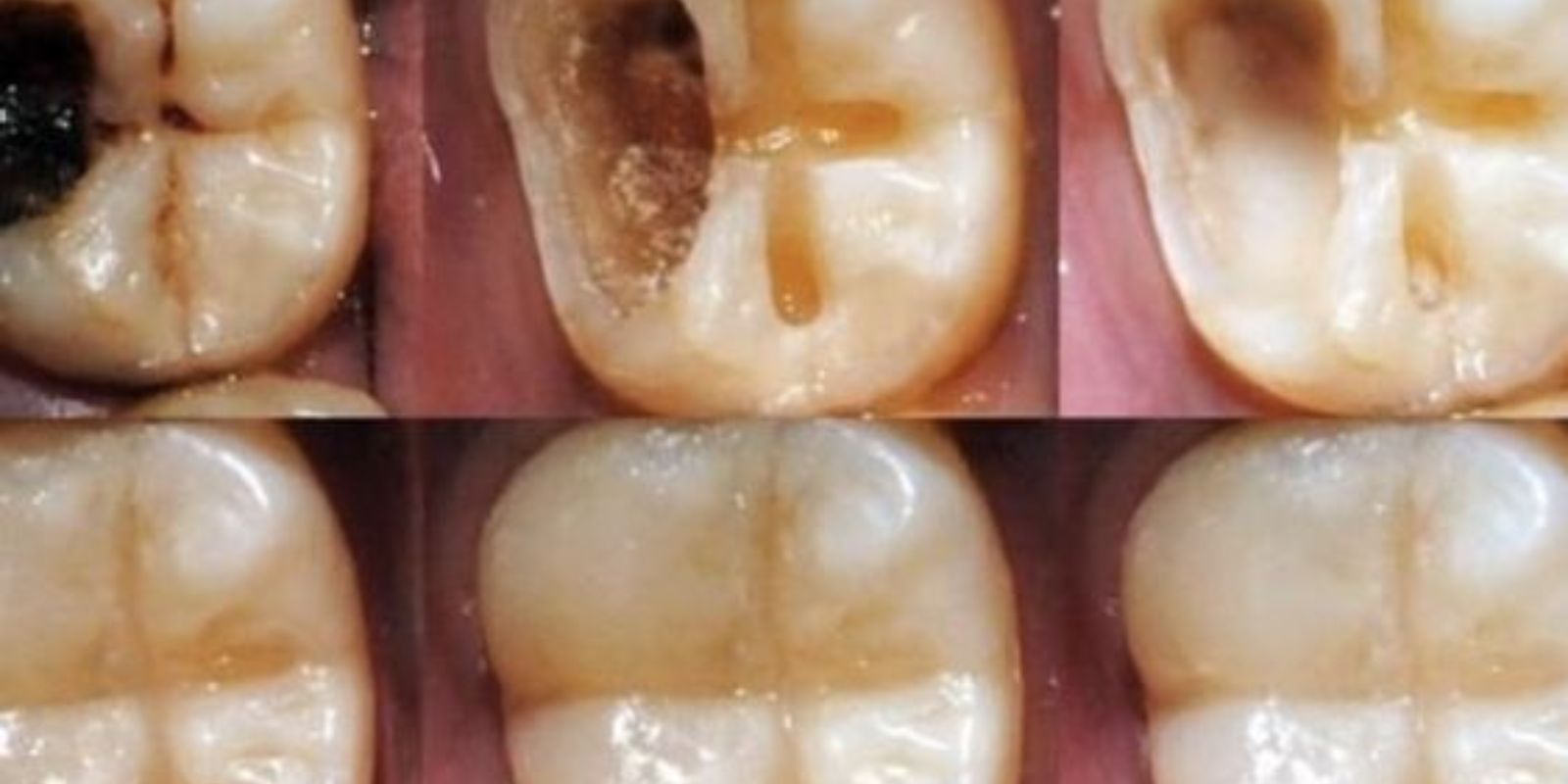Dental health is crucial for overall well-being, and cavities are one of the most common issues people face. While visiting a dentist is essential for professional care, there are natural methods you can incorporate into your daily routine to support your dental health and possibly help manage early signs of cavities. This article will explore various natural approaches to cavity care, provide tips to enhance your oral hygiene, and highlight dietary changes that can contribute to stronger teeth. Keep in mind, however, that these methods should complement, not replace, professional dental advice.
Introduction
Cavities, also known as dental caries, occur when tooth enamel becomes damaged due to the acids produced by bacteria in your mouth. If not addressed promptly, cavities can progress and lead to more severe dental issues. While professional dental treatment is the gold standard for addressing cavities, there are several natural methods you can use to support your oral health and potentially manage early cavity signs. By adopting a comprehensive approach that includes good oral hygiene practices, dietary changes, and natural remedies, you can take proactive steps to maintain your dental health.
1. Improve Oral Hygiene
One of the most effective ways to prevent and manage cavities is through excellent oral hygiene. Here’s how you can enhance your oral care routine:
- Brush Regularly: Brush your teeth at least twice a day with fluoride toothpaste. Fluoride helps to strengthen tooth enamel and can aid in the remineralization process, which is crucial for early-stage cavity repair. Use a soft-bristled toothbrush and ensure you brush for at least two minutes each time, reaching all surfaces of your teeth.
- Floss Daily: Flossing helps remove food particles and plaque from between your teeth and below the gumline, where your toothbrush might not reach. Daily flossing can prevent plaque buildup and reduce the risk of cavities forming in those hard-to-reach areas.
- Use an Antibacterial Mouthwash: Rinsing with an antibacterial mouthwash can help reduce bacteria in your mouth, which is essential for preventing plaque buildup and protecting your teeth from decay.
2. Use Remineralizing Products
Remineralizing products are designed to help restore minerals to your tooth enamel and repair damage. Here’s how to incorporate them into your routine:
- Fluoride Rinse: Using a fluoride mouthwash can aid in the remineralization of enamel. Fluoride strengthens tooth enamel and helps to protect against decay. Rinse with fluoride mouthwash after brushing and flossing to maximize its benefits.
- Calcium and Phosphate Products: Look for dental products that contain calcium and phosphate. These minerals are vital for strengthening tooth enamel and supporting the natural repair process. Some toothpaste and mouth rinses are formulated with calcium and phosphate to aid in enamel repair.
3. Adopt a Tooth-Friendly Diet
Your diet plays a significant role in maintaining dental health. Making smart food choices can support enamel strength and help prevent cavities:
- Reduce Sugar Intake: Sugary foods and beverages provide fuel for bacteria in your mouth, leading to acid production that can erode enamel. Minimize your consumption of sugary snacks, sodas, and candies to reduce your risk of cavities.
- Eat Remineralizing Foods: Incorporate foods that are rich in calcium and vitamin D into your diet. Dairy products like milk, cheese, and yogurt are excellent sources of calcium. Leafy greens, almonds, and fish are also good for maintaining strong teeth. Vitamin D is essential for calcium absorption, so consider including vitamin D-rich foods like eggs and fatty fish in your diet.
- Consume Fibrous Vegetables and Fruits: Crunchy vegetables and fruits, such as apples and carrots, can help stimulate saliva production. Saliva neutralizes acids and helps wash away food particles and bacteria, contributing to a healthier mouth.
4. Stay Hydrated
Drinking adequate water throughout the day is crucial for maintaining good oral health. Here’s how staying hydrated benefits your dental care:
- Rinse Away Food Particles: Drinking water helps rinse away food particles and bacteria from your mouth. This can reduce the likelihood of plaque buildup and help keep your teeth clean between brushings.
- Stimulate Saliva Production: Water consumption encourages saliva production, which plays a key role in protecting and repairing tooth enamel. Saliva helps neutralize acids and provides essential minerals to strengthen teeth.
5. Use Natural Remedies
Several natural remedies can complement your dental care routine and support oral health:
- Oil Pulling: Oil pulling involves swishing a tablespoon of coconut oil in your mouth for about 15-20 minutes. This practice can help reduce harmful bacteria and plaque, improving overall oral hygiene. Coconut oil has antibacterial properties that can benefit your mouth.
- Xylitol: Chewing gum or mints containing xylitol can help reduce cavity-causing bacteria in your mouth. Xylitol is a natural sweetener that inhibits bacterial growth and helps neutralize acids.
- Green Tea: Green tea contains catechins, which are antioxidants that can help reduce bacterial growth and inflammation in the mouth. Drinking green tea regularly can contribute to better oral health.
Engage with Us
We’re committed to providing valuable health tips and recipes to our community! If you found these natural cavity repair tips helpful and want more health-related content, drop a comment with a “yes yummy” or a smiley face to let us know you’re interested. Your feedback helps us continue to offer useful information and stay connected with our readers. 😊
Conclusion
While professional dental care is essential for treating and managing cavities, incorporating natural methods into your daily routine can support your dental health and potentially help with early signs of decay. By maintaining good oral hygiene, using remineralizing products, adopting a tooth-friendly diet, staying hydrated, and utilizing natural remedies, you can take proactive steps to enhance your dental well-being. Remember, these tips should complement, not replace, regular dental visits. Embrace these natural approaches and enjoy the benefits of a healthier, more vibrant smile.

